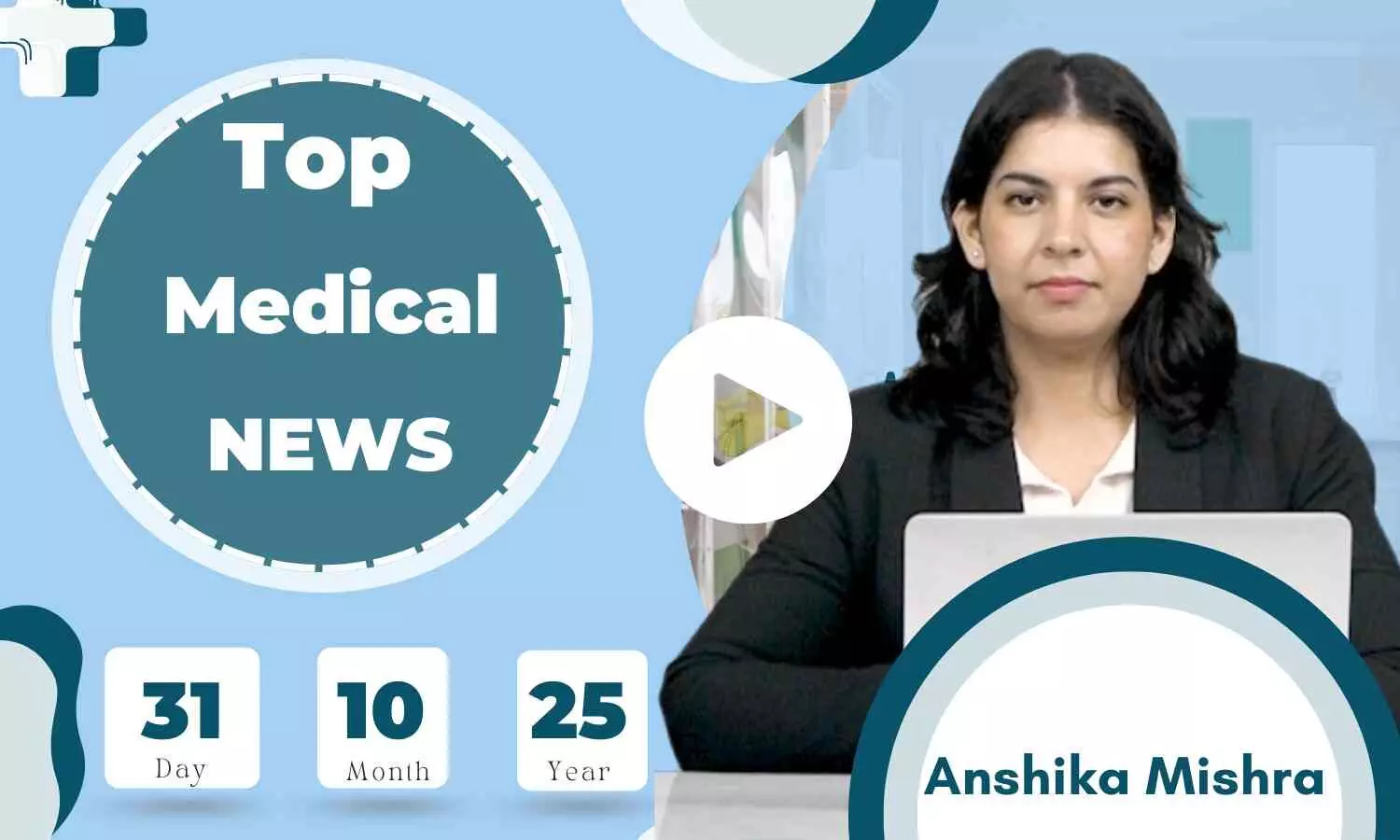Copyright thehindu

Extreme Poverty Eradication Programme 2.0 (EPEP 2.0), the second phase of the programme, will be focussing on dynamic identification of all families at risk of falling into extreme poverty, implementation of a helpline and steps to improve the situation of families freed from extreme poverty based on the standards of the Multidimensional Poverty Index. Minister for Local Self-Governments M.B. Rajesh told The Hindu that the public will be able to use the helpline to inform the Local Self Government department about families facing extreme poverty that they come across. The EPEP 2.0 document acknowledges that the declaration of Kerala as an extreme poverty-free State is the beginning of a process to ensure that families who came out of extreme poverty are not pushed back into it by providing constant support and promoting self-reliance. An EPEP safety net cell will be formed in every local body. Grassroots involvement The 64,006 micro-plans prepared for each of the extremely poor families in the first phase will be updated and will serve as the basic document for further actions. Ward-level committees are envisaged to have a key role to play in the process. Self-help groups will be formed through the Kudumbashree to promote income-generating activities for members of extremely poor families. Voluntary organisations and activists will be made part of the interventions. As per the document, the EPEP 2.0 also has an ambitious target of ensuring a social security net for all citizens of Kerala. Monitoring mechanisms will be put in place so that the families who were freed from extreme poverty continue to receive the services and benefits provided through the first phase of the programme. Steps to make these families economically and socially self-reliant will be taken. Health insurance, free medical care, mental health support, skill training and sustainable income generating job opportunities will be provided. A grievance redressal mechanism to address the issues faced by the families in a time-bound manner will also be formed. Separate allocation will be made in the State Budget for the continued activities under EPEP 2.0. The plan fund of the local bodies will be one of the major sources of funds for the programme. The local bodies will have to submit monthly and quarterly reports on the progress made by each family. Experts and officials will conduct field visits to assess the situation of the families. Possibilities of using Corporate Social Responsibility funds will be tapped. The government will also have a relook at the Ashraya project, initiated in 2002, as an integrated effort aimed at identifying and rehabilitating destitute families. The beneficiary list will be updated after assessing whether the existing beneficiaries have managed to move out of extreme poverty through various interventions.



